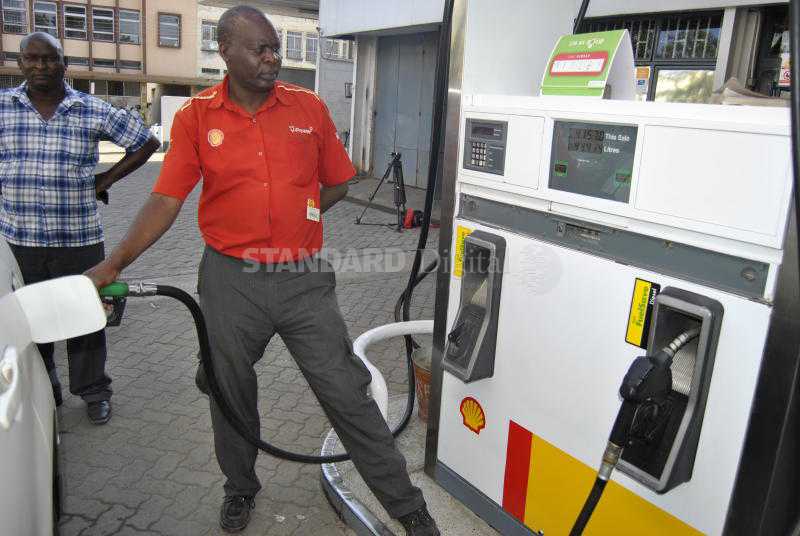×
The Standard e-Paper
Home To Bold Columnists

You will pay more for fuel for the next one month after the Energy Regulatory Commission yesterday hiked fuel pump prices for the eighth straight month.
The regulator in its monthly pricing guide increased the retail prices of kerosene, super petrol, and diesel to the highest levels since October 2014.







